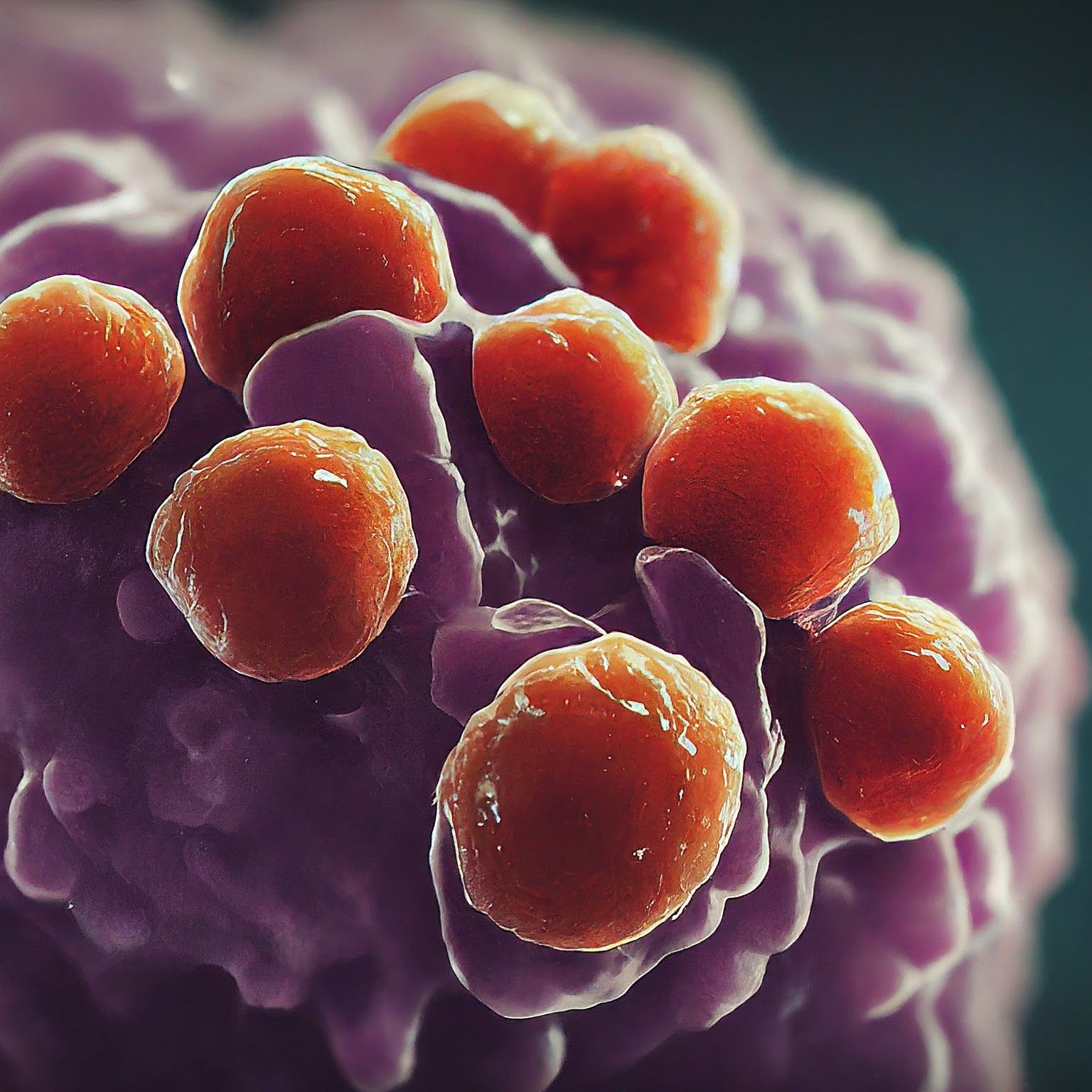FDA Approves Improved Denileukin Diftitox in Cutaneous T-Cell Lymphoma
Following voluntary withdrawal in 2014, denileukin diftitox is now available again for the treatment of patients with cutaneous T-cell lymphoma who have received at least 1 prior systemic therapy.

- The FDA has approved denileukin diftitox (Lymphir; E7777) for the treatment of patients with relapsed or refractory cutaneous T-cell lymphoma (CTCL) who have received at least 1 prior systemic therapy.
- Denileukin diftitox is an interleukin-2 (IL-2)-based immunotherapy.
- This approval follows a complete response letter (CRL) issued to the initial biologics license application (BLA) submission of the agent.
The FDA has approved denileukin diftitox for the treatment of relapsed/refractory CTCL that has been treated with at least 1 prior systemic therapy.1
Denileukin diftitox was originally on the market for this indication from 1999 to 2014 as Ontak. In 2014, it was withdrawn voluntarily due to manufacturing difficulties. This current iteration of denileukin diftitox results from a refined manufacturing process with higher specific bioactivity.2
In July 2023, the FDA issued a CRL regarding the BLA of denileukin diftitox.3 The FDA required Citius Pharmaceuticals, Inc., the manufacturer, to incorporate enhanced product testing and additional controls. The FDA did not cite any issues with safety or efficacy and did not require any additional clinical trials to support the BLA.4
Study 302
Microscopic photorealistic image of T-cell lymphoma cells - Generated with Google Gemini AI

The approval is supported by findings from a pivotal phase 3 Study 302 (NCT01871727). The primary efficacy population comprised 69 patients with stage I to III CTCL who were treated with 9 mcg/kg/day of denileukin diftitox with a median of 6 cycles (range, 1-42) of treatment.2
The overall response rate (ORR) by independent review committee was 36.2% (95% CI, 25.0%-48.7%), and 8.7% of patients achieved a complete response (CR). The ORR by investigator was 42.3% (range, 30.6%-54.6%) with 8.5% achieving a CR. The duration of response was at least 6 months for 52% of responders (n = 13) and at least 12 months for 20% (n = 5). About 70% of responders had a response within 1 to 2 cycles of treatment, with a median time to response of 1.41 months.
“[Denileukin diftitox] will provide a novel, efficacious, safe, and non-cross-resistant therapeutic option for [patients with] CTCL who have failed other treatments and thus fulfill a serious unmet need,” study authors wrote in findings published in Blood.2
REFERENCES:
1. Citius Pharmaceuticals receives FDA approval for LYMPHIR™ (denileukin diftitox-cxdl) immunotherapy for the treatment of adults with relapsed or refractory cutaneous T-cell lymphoma. News release. Citius Pharmaceuticals. August 8, 2024. Accessed August 8, 2024. https://tinyurl.com/48pj3x9z
2. Foss F, Kim Y, Prince MM, et al. Efficacy and safety of E7777 (improved purity denileukin diftitox [ONTAK]) in patients with relapsed or refractory cutaneous t-cell lymphoma: results from pivotal Study 302. Blood. 2022;140(Suppl 1): 1491–1492. doi:10.1182/blood-2022-166916
3. Citius Pharmaceuticals, Inc. receives a complete response letter from the US Food and Drug Administration (FDA) for LYMPHIR™ (denileukin diftitox) for the treatment of patients with relapsed or refractory cutaneous t-cell lymphoma. News release. Citius Pharmaceuticals, Inc. July 29, 2023. Accessed July 12, 2024. https://tinyurl.com/4awejdy5
4. Citius Pharmaceuticals, Inc. receives regulatory guidance from the U.S. Food and Drug Administration (FDA) regarding the planned resubmission of the BLA for LYMPHIR™. News release. Citius Pharmaceuticals, Inc. September 8, 2023. Accessed July 12, 2024. https://tinyurl.com/2an8498t
Examining the Non-Hodgkin Lymphoma Treatment Paradigm
July 15th 2022In season 3, episode 6 of Targeted Talks, Yazan Samhouri, MD, discusses the exciting new agents for the treatment of non-Hodgkin lymphoma, the clinical trials that support their use, and hopes for the future of treatment.
Listen









